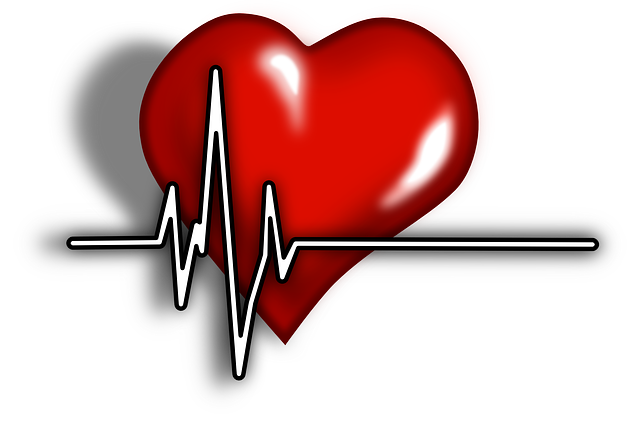Carolyn Johnson reports for The Washington Post on a new large federal study which finds that people with heart disease may do as well with drug therapy and lifestyle changes as with a stent. As previous studies have found, doctors too often perform unnecessary bypass surgery.
It is common for doctors to do bypass surgery or to use stents to open up blocked coronary arteries in patients. More than 30,000 heart disease patients have stents implanted each year. But, this invasive procedure often does nothing more to decrease the risk of heart attacks or death than drug therapy.
Indeed, even patients with very blocked arteries did as well with drug therapy as with stents. Bypass surgery and stents were found to be beneficial only in some cases of patients with chronic chest pain or angina. For patients who are not experiencing chest pain, these invasive procedures are generally unwarranted.
According to Gina Kolata at The New York Times, the study looked at 5,179 patients over three and a half years, most of whom had experienced chest pain. It specifically did not assess the value of bypass surgery on patients who have heart attacks or blocked left main coronary arteries. In those two cases, using stents can save people’s lives.
Some doctors still disagree with the findings. They argue that the study did not look at the benefits of stents for people with particular risk factors. They further argue that newer stents release drugs that reduce the likelihood that arteries will close after surgery. And, in this study, attention was paid to ensuring patients adhered to their drug treatment plan, which is not feasible in normal situations.
Of course, drug therapy only works if patients comply with the treatment plan. Usually, the treatment includes cholesterol-lowering drugs, such as statins, blood pressure medicines and aspirin. Still, even patients with stents must take strong drugs that prevent clotting for as long as 12 months; one in three of them experience chest pain again within six months of getting a stent, requiring yet another stent.
Part of the reason that the stents may not have any better results than drugs is that artery blockages can present themselves in multiple places. Some plaque that narrows the artery may never lead to a heart attack and other plaque could. Yet, it is not possible to know which plaques are potentially lethal.
People who take prescription drugs instead of getting a stent or bypass surgery have the benefit of a treatment for all their coronary arteries, not simply an isolated area. If chest pain persists, then a stent or bypass may be warranted to ease the pain. Moreover, patients who take drugs instead of undergoing an invasive procedure take fewer drugs than patients who undergo invasive procedures.
There remains a strong difference of opinion among doctors about the value of stents relative to drug therapy. But, the evidence is strong that stents and bypass surgery are unnecessary and unhelpful in many cases. One takeaway from the study is that patients with blocked arteries who are not feeling chest pain do not put themselves at any risk if they opt for drug treatment. They can decide to undergo an invasive procedure if they later experience chest pain.
Here’s more from Just Care:

Leave a Reply